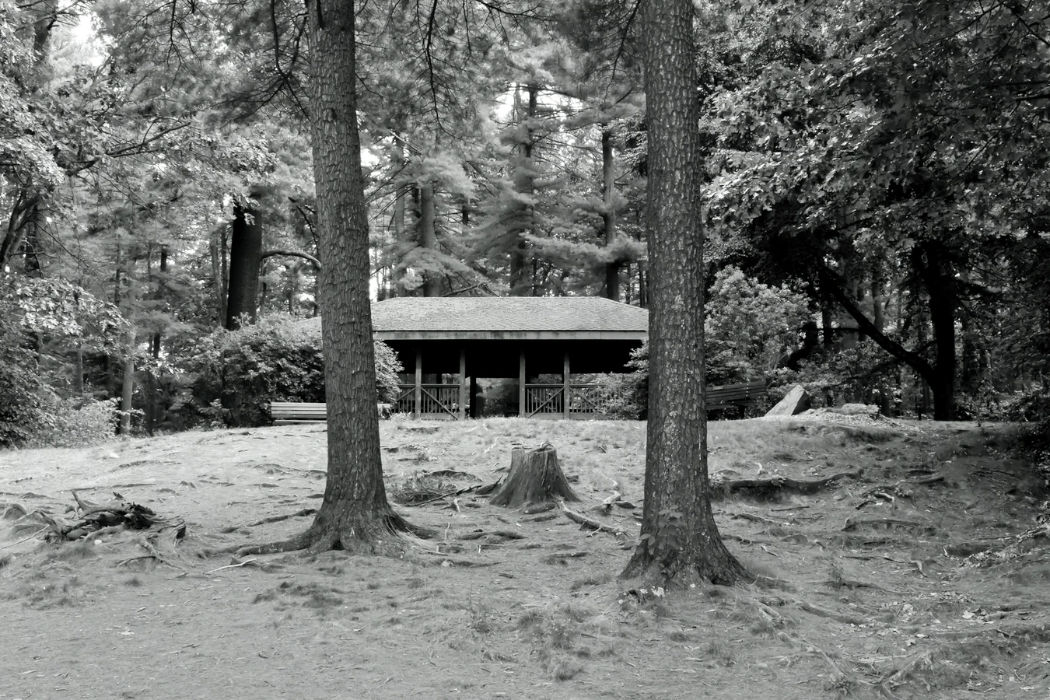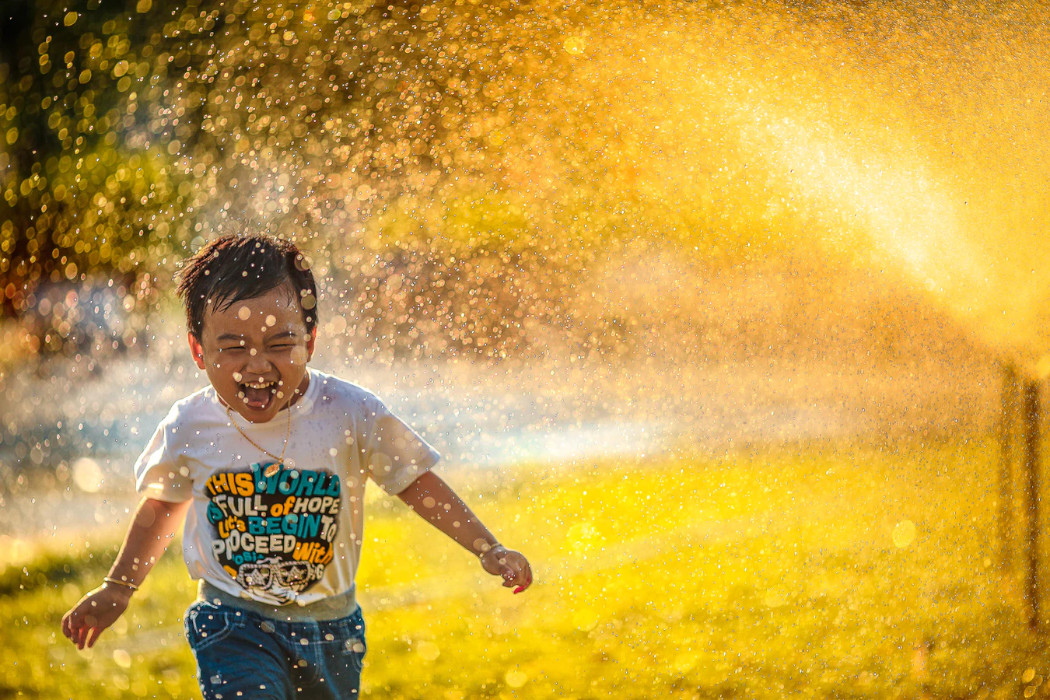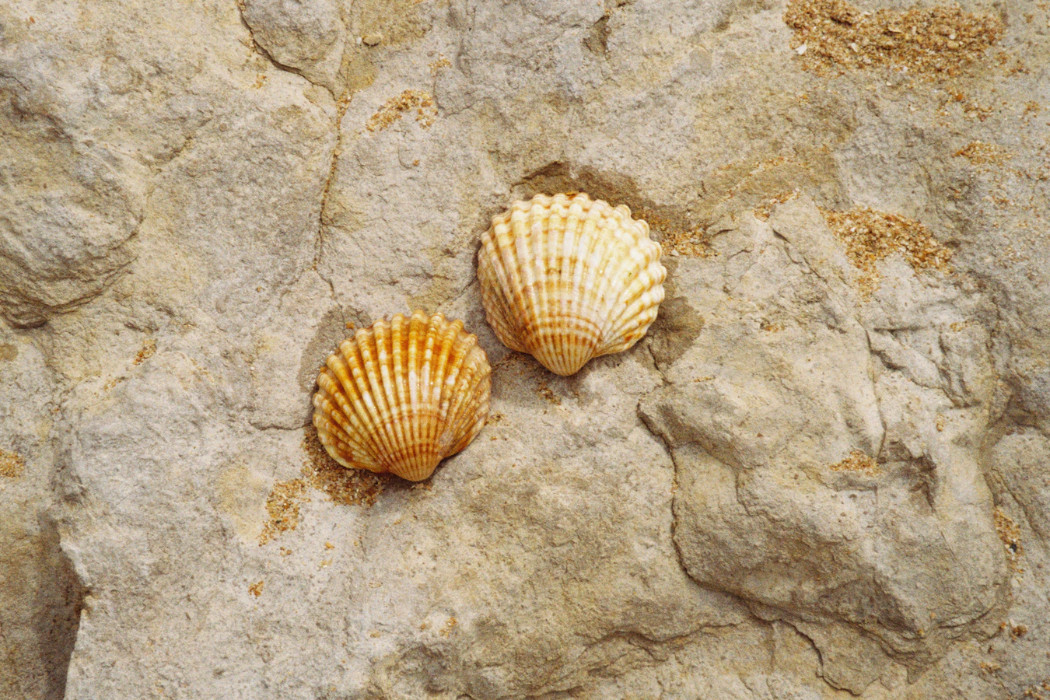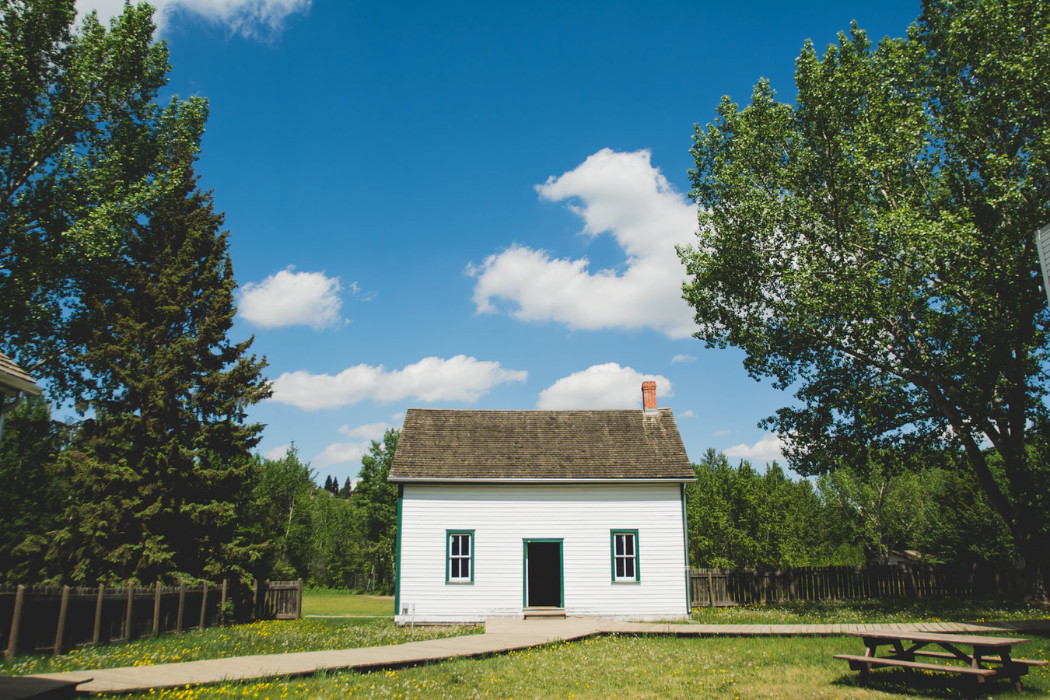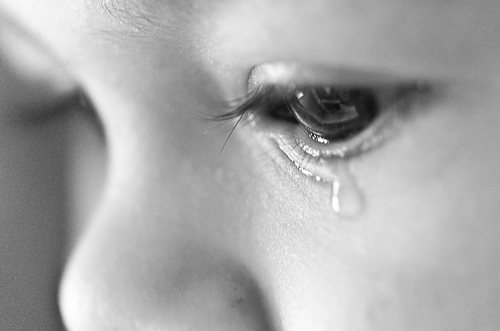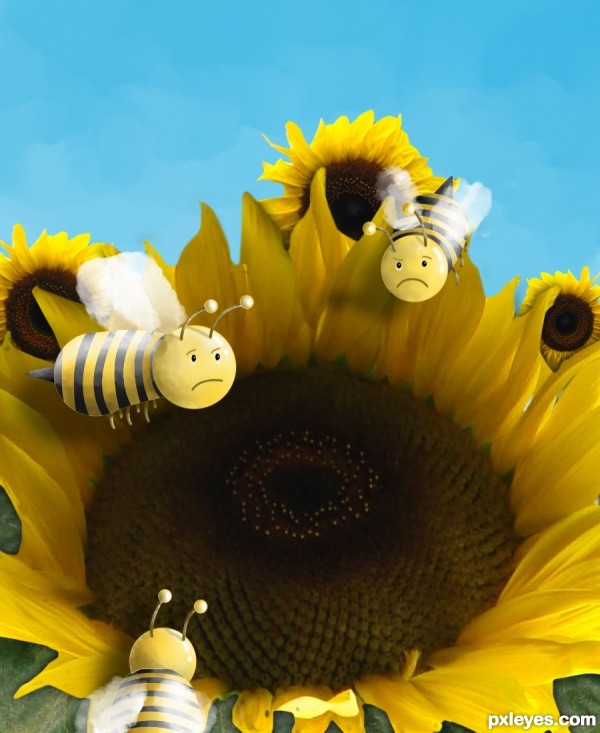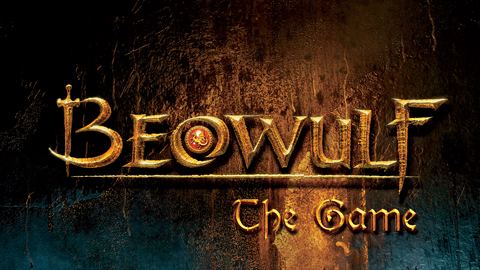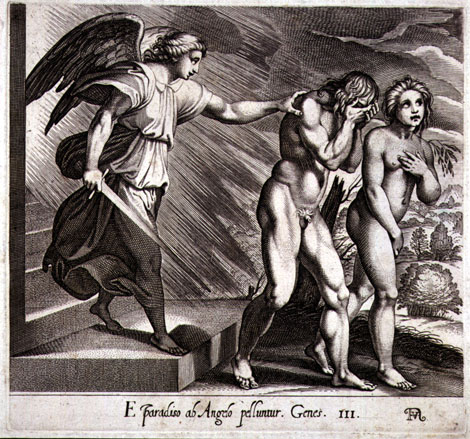“The only possible beauty in drama is peasant drama” – so says Synge in his preface to The Playboy of the Western World. Synge was in a favor of a vital regionalism in literature and his commitment to the Irish dramatic revival was unmistakable. On the suggestion of W.B Yeats we went to the Aran Islands and lived there as if he was one of the natives, to “express a life that has never found expression”. In the life of the peasant-fishermen of the island, Synge found ready materials for the delineation of a Greek tragedy. As a result of this, Riders to the Sea was conceived from the dramatist’s pen – a play that is Greek in spirit but Irish in setting.
The chief fuel to the Greek spirit of Riders is the deep fatalism that runs through the play. The desolate stony Aran Islands were the last outposts of man’s husbandry in the Atlantic and comprised of the most primitive peasantry in Europe. The demonic wild Sea that they had to depend on for their fish, cheap minerals and trade with the mainland, was both the giver and taker of life, assuming the role of Fate in the island. Synge has exploited this most poignantly in Riders. The play depicts the misfortune of a family that has lost all its seven mail members to the Sea, and is about to lose its final bread-winner Bartley. Synge said of the Araners, “I could not help feeling that I was talking with men who were under a judgment of death”. Bartley is shown in the play to be under this judgment of Death, governed by the fate-symbolizing Sea. In spite of the repeated cries of his mother Maurya, desperately clinging to the last vestiges of her motherhood, Bartley silently and resolutely walks towards his Fate and meets his inevitable end as he his dashed by the sea-waves against the white rocks of the shore. This inevitability of destruction at the hands of Fate, gives the play its distinct Greek spirit. Towards the end of the play when Maurya resigns, “No man can be living forever and we must be satisfied”, it is the deep fatalism of her race that rushes forth through these words. The sea is the “Immanent Will” in front of which the characters of the play bow down just like Oedipus who accepts the inscrutable ways of Fate. Thus we see how the Irish setting of the poverty-stricken fate-mauled craggy Aran island has been utilized for soaking the play in the Greek spirit of fatalism. The tragic conflict between Man and Fate in Greek tragedies is found here in the struggle between the lives of the Araners and the Sea.
The play has the distilled essence of various other aspects of Greek tragedy, contained in its Irish setting. The function of the Greek tragic foreboding of the play is performed by the Irish superstitions and beliefs. The “pig with the black feet”, “star up against the moon” and the ultimate phantasm of Maurya in which she sees Michael’s ghost shadowing Bartley serve as fitting examples. The Irish laid great emphasis on a clean burial because they were of the opinion that of denied that the dead come to claim the living. Maurya’s hallucination is the perfect exemplification of this superstition.
The function of the chorus of Greek tragedies is taken up for some part by Cathleen and Nora and also by the keening women who are introduced toward the end of the play. Keening, or the chanting of the caione upon death is a ritual specifically endemic to the Irish setting. The keening is not so much the expression of grief over a personal death as it is the whole passionate rage the constant shadow of Death on their lives.
Much of the tragic spirit of a Greek high tragedy comes from being written in poetry. In employing the poetic Gaelic peasant dialect of the distinct Anglo-Irish language, Synge has not only enforced the Irish setting but also enhanced the Greek spirit. The poetic quotient of the speeches in the play is derived from their tragic intensity and linguistic cadence – “In the big world the people do be leaving things after them for their sons and children, but in this place it is the young men do be leaving things behind that do be old”. Through this speeches penned in Anglo-Irish, we cannot help but be reminded of the similar poetic lamentation in Aeschylus, Sophocles and Euripides.
The dramatic persona of Maurya also serves to underline the Greek Irish duality of the play. She is the perfect example of an ordinary peasant Aran mother staying up at night praying and getting Holy Water in the long nights after Samhain. She is also like the Hecuba of Trojan Women who laments the loss of her children. Her final attainment of tragic dignity when she understands the inscrutable ways of Fate and finally emerges victorious over the Sea is in keeping with the high tragic heroes of great tragedies. Even Cathleen and Nora, two typical Aran girls remind us of Antigone and Ismene mourning over their dead brother.
Apart from all this Riders has some other elements of Greek tragedy as well such as the observance of the Three Unities of time, place and action. The death of Bartley is the single action of the play. There is no time gap and whole play takes place in Maurya’s cottage. Like a genuine Greek tragedy the action of the play, which is the death, takes place off-stage. There is a heavy dosage of tragic irony as well in the way the “young priest” symbolizing Christianity cannot prevent Maurya from becoming destitute. Superseded in this perfect classical model of Riders we have various other elements strengthening the Irish setting. The cottage of the play is precisely transferred from the Aran Islands to the stage with all its trivialities such as nets, oil-skins, pot-oven and so on. References to Irish folklore of Bride Dara and the Irish names of people such as Sheamus, Eamon and the like and that of Irish locales such as Donegal, Connemara and Galway enhance gives the play its distinct Celtic flavor.
Thus we see that in Riders to the Sea, a distinct Greek spirit intermingles wonderfully with an Irish setting. It is this unique fusion which elevates the play from its local or regional plane to its universal stature.
Some online learning platforms provide certifications, while others are designed to simply grow your skills in your personal and professional life. Including Masterclass and Coursera, here are our recommendations for the best online learning platforms you can sign up for today.
The 7 Best Online Learning Platforms of 2022
- Best Overall: Coursera
- Best for Niche Topics: Udemy
- Best for Creative Fields: Skillshare
- Best for Celebrity Lessons: MasterClass
- Best for STEM: EdX
- Best for Career Building: Udacity
- Best for Data Learning: Pluralsight

